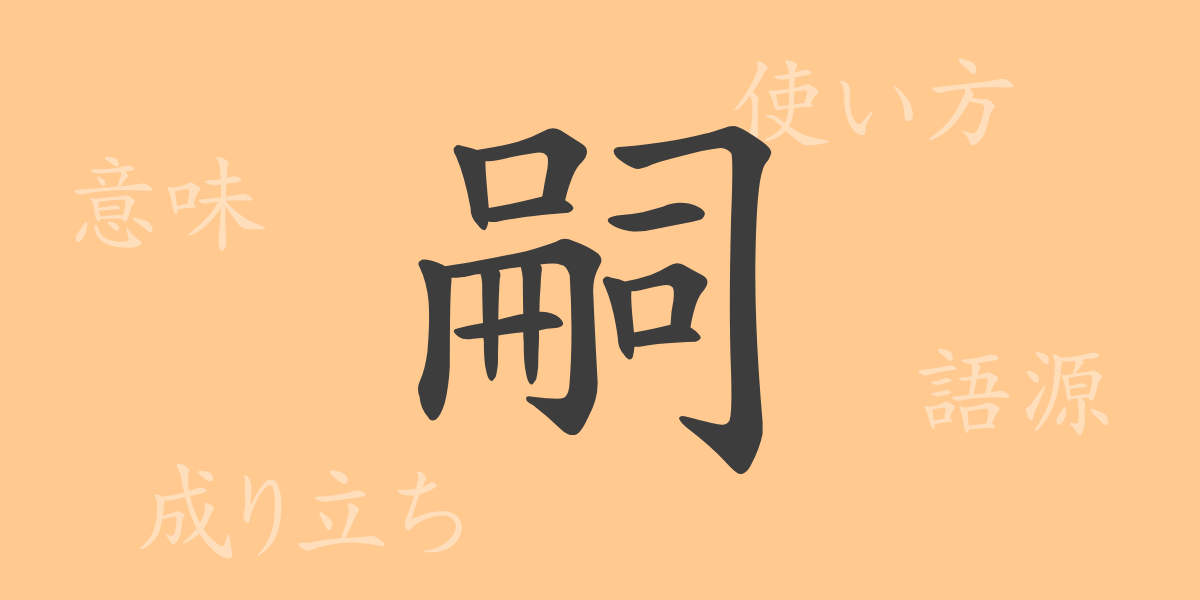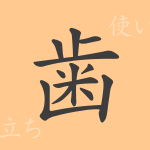Japan’s written culture has developed along with its deep history. Within this, kanji serve as the fundamental elements shaping words, playing crucial roles in communication, education, and the arts. This article focuses on the common Japanese kanji “嗣(し)” and delves into its origins, meanings, uses, readings, and even idiomatic expressions.
Origin of 嗣(し) (Etymology)
The kanji “嗣(し)” is a character that originated in ancient China, symbolizing a person with an open mouth inheriting something. Originally, it was used to signify the act of a child inheriting a parent’s will or property after death, closely related to the concepts of succession and inheritance. Over time, this kanji has been passed down through cultures and continues to hold the same meanings in Japan.
Meaning and Usage of 嗣(し)
The kanji “嗣(し)” primarily means succession or inheritance. It is often used in contexts involving the inheritance of family lines, property, or positions, appearing frequently in legal terms and words describing family relationships. Broadly, it can also refer to the transmission of non-material things such as culture, tradition, or skills to future generations.
Readings, Stroke Count, and Radical of 嗣(し)
To deepen the understanding of the kanji “嗣(し)”, let’s look at its readings and structure:
- Reading: The on’yomi (音読み) is “シ”, and there is no kun’yomi (訓読み).
- Stroke count: 嗣(し) has 13 strokes.
- Radical: The radical is 口(くちへん) (mouth).
Idioms, Phrases, and Proverbs Using 嗣(し)
Many idioms, phrases, and proverbs that include “嗣(し)” reflect its significant meaning. Here are some examples:
- 嗣業(しよう): A business or occupation inherited from one’s parents.
- 嗣子(しし): An heir, particularly a male heir.
- 家嗣(かし): The person who inherits the family estate.
Conclusion on 嗣(し)
The kanji “嗣(し)” represents crucial concepts of succession and inheritance. It has been used to convey matters fundamental to human society, such as family bonds, the transfer of property, and the inheritance of culture and traditions. Thus, this kanji holds deep meaning in Japanese society, law, and individual identity. Understanding the value and significance of “嗣(し)” and using it appropriately is essential.

























